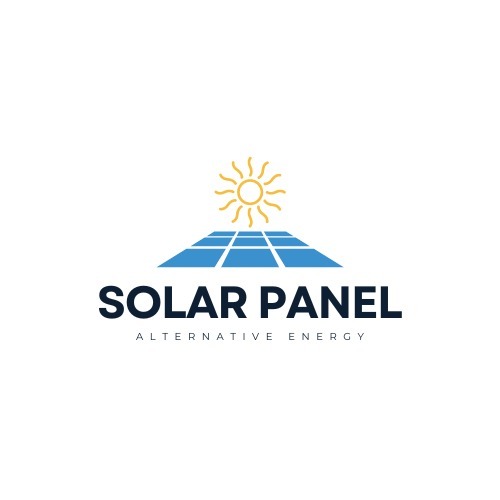America has been creative for centuries, and perhaps nowhere is this more evident than with renewable power. Of all of its various clean energy sources, the sun has increased exponentially in the pastdecade. Homes and businesses are increasingly turning to solar panels due to their savings on energy bills, reduced carbon footprint and less reliance on fossil fuels.
Solar panels, or photovoltaic (PV) panels, are employed to capture sunlight to generate energy for electricity by gathering sunlight. With advancements in technology and decreasing prices, solar has moved from being a specialty item to mainstream. Let's take a closer look at how solar panels are shaping energy choice in America, the big companies that are building their success on their popularity, and we also go through the economic and societal burden in this transition.
The Importance of Solar Panels
Effectively, solar panels provide zero-emission clean energy from the source itself, i.e., the sun. Solar
technology converts the sun's sunlight into electricity without the production of greenhouse gases or
other emissions into the environment; unlike the generation of fossil fuels to produce them. As every
home or business shifts to solar, they save emissions and retard climate change.
Solar increases energy independence, and homeowners can generate electricity for themselves, instead
of relying on imported oil or the grid. With the massive amounts of sunlight across the nation, homeowners can decrease the reliance on the grid and shield themselves from the effects of global fuel markets.
Top Solar Companies in the US
The US solar industry has developed extremely quickly and has spawned companies that manufacture, install, and service solar technology. Some of the oldest and most prominent firms are listed below:
- SunPower – They are very famous for their high-efficiency panels and offers full-service solar solutions toresidences, commercial buildings, communities, and large developments.
- Tesla (ex-SolarCity) – Tesla markets thin solar panels and roof tiles to use with a Tesla Powerwall battery for residential energy storage.
- Vivint Solar – Vivint markets residential solar, with buy/lease options, and smart-home capabilities.
- Sunrun – Sunrun is a pioneer in solar leasing and power purchase agreements (PPAs), and it also offers energy storage with batteries.
- Canadian Solar – An international solar supplier with significant manufacturing element with solutions for residential, commercial, and utility scale projects.
- LG Solar – This division of LG Electronics focuses on manufacturing durable and high-performance panels for residential and commercial installations.
These companies have been able to produce competition, improve quality and to bring solar panels to more people across the country.
Cash Flow and Green Benefits
There are so many additional benefits to switching to solar energy beyond making clean energy:
- Lower Electric Bills – Once solar panels are installed, they can greatly reduce your monthly electric costs and in manycases, we'll send you a monthly $0.00 bill if you use enough solar. The solar installation will pay for itself over time and you'll get free energy for years to come.
- Job Creation – Solar is a fast growing market. The U.S. Bureau of Labor Statistics recently reported hundreds of thousands of jobs in the solar market where some jobs include manufacturing solar panels or installing or maintaining the systems for a homeowner.
- Carbon Reduction – Every home that receives its power from solar renewable energy is helping to reduce our nation'scarbon footprint by displacing fossil-fuel generated electricity.
Incentives and Legal Markets
Government incentives have helped fuel solar's growth. Homeowners and businesses are able to benefit from incentives from their respective state and from the federal government. Common examples of incentives are:
- Federal Investment Tax Credit (ITC) – The tax credit allows you to deduct a portion of the installation costs from your federal taxes (the ITC is currently 26% as a result of the recent years).
- This policy, available almost throughout America, allows solar-powered homes to submit excess power back to the grid and be given credits in exchange.
- Solar Right Laws exist in various states, which ensure the rights of a property owner as regards solar panel installation, while the laws do prohibit any association from imposing unreasonable guidelines that confine what an individual can and cannot do with their solar equipment.
- These incentives not only bode well for reduced solar pricing, but they also provide a door for broader adoption into varied geographies.
Looking into the Future
Solar brings hope, rather than being simply about green. This hope is pace on the sure ground that forecasts to an energy that is safe, reliable, sustainable, and increasingly affordable. Owing to more effective technology and policy integration, solar remains well-poised to compete with the older players who are—mostly and fractionally—just a few.
As households and enterprises alike turn to solar, their dependence on fossil fuels diminishes significantly: they cut back on egregiously expensive power, not to mention those customers owning a vehicle. It is evident that as a trend, solar has evolved from being a marginal choice to one of the pillars of America's energy future.
Tags
Home Services

